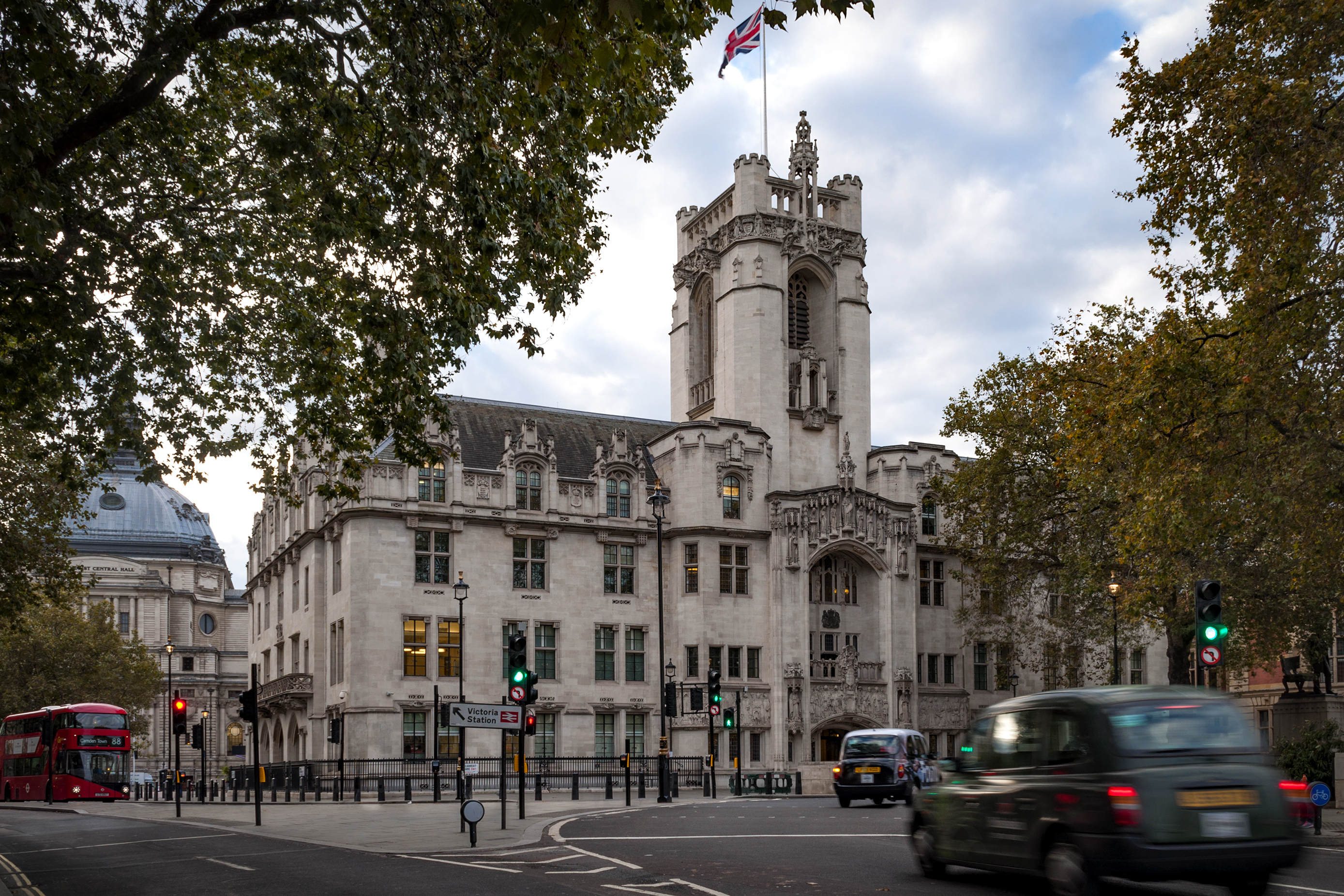
24 September 2019
A full panel of 11 Justices of the UK’s Supreme Court on Tuesday 24 September handed down an historic judgment in the joined cases of R (on the application of Miller) (Appellant) v The Prime Minister (Respondent) and Cherry and others (Respondents) v Advocate General for Scotland (Appellant) (Scotland). In essence, the questions before the Court were (a) whether the Prime Minister’s advice to Her Majesty the Queen to “prorogue” (or suspend) Parliament from a date between 9th and 12th September until 14th October, was lawful and (b) what were the legal consequences if it was not.
The Supreme Court found, unanimously, that (a) the lawfulness of the Prime Minister’s advice to Her Majesty was justiciable (consistent with English court practice dating back to 1611); (b) the power to prorogue is limited by the constitutional principles with which it would otherwise conflict (including Parliamentary sovereignty and Parliamentary accountability); (c) the decision to advise Her Majesty to prorogue Parliament was unlawful because it had the effect of frustrating or preventing the ability of Parliament to carry out its constitutional functions without reasonable justification; and (d) the legal effect of that finding was that the prorogation was “void and of no effect”; in other words, “Parliament has not been prorogued”. The current parliamentary session thus “resumes” on 25 September 2019. The Supreme Court’s judgment is available in full here, and a summary is available here.
For further information, please contact Stephen Fietta, Jiries Saadeh, or Laura Rees-Evans.
